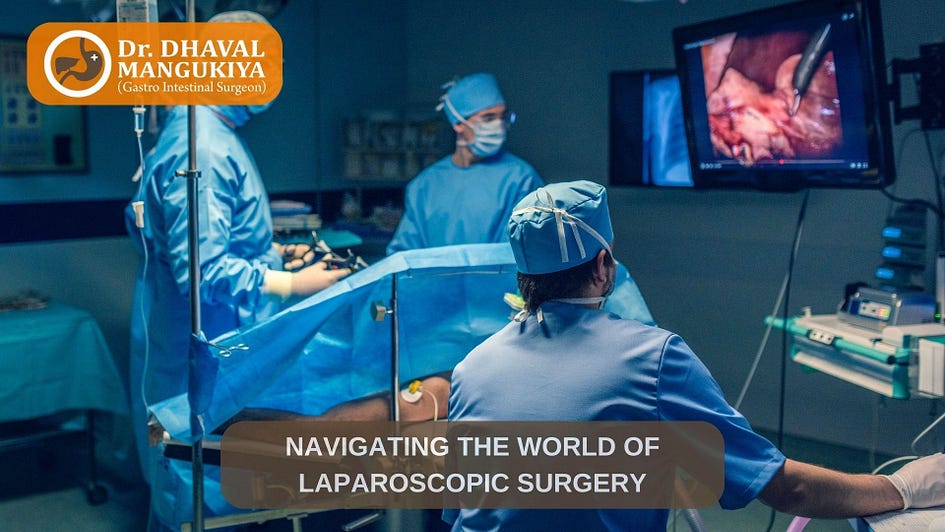Laparoscopic surgery, a minimally invasive technique often referred to as keyhole surgery, has revolutionised surgical treatment for a wide range of conditions. This innovative approach offers significant advantages over traditional open surgery, making it a preferred choice for both surgeons and patients. If you are considering laparoscopic surgery, this comprehensive guide will provide you with valuable insights into the procedure, its benefits, and what to expect during your journey.
Understanding Laparoscopic Surgery
Laparoscopic surgery utilises small incisions, typically less than 1 centimetre, and specialised instruments to perform various surgical procedures. Instead of a large incision, surgeons insert a laparoscope, a thin, flexible tube with a high-definition camera and light source, into the abdomen. The camera transmits real-time images to a monitor, allowing surgeons to visualise internal organs and perform the procedure with precision.
Benefits of Laparoscopic Surgery
According to Dr. Dhaval Mangukiya, one of the best laparoscopic surgeon in Surat, laparoscopic surgery offers numerous advantages over traditional open surgery, making it a preferred choice for many patients:
● Minimally Invasive: Smaller incisions result in minimal scarring and improved cosmetic outcomes.
● Reduced Pain and Discomfort: Patients experience significantly less pain and discomfort, leading to a more comfortable recovery.
● Faster Recovery: The minimally invasive nature allows for a faster return to normal activities.
● Reduced Risk of Complications: Laparoscopic surgery is associated with a lower risk of wound infections, blood loss, and other complications.
● Shorter Hospital Stay: Patients often experience a shorter hospital stay, reducing the overall cost of care.
Wide Range of Laparoscopic Procedures
The scope of laparoscopic surgery has expanded significantly, encompassing a wide range of procedures, including:
● Gallbladder removal (cholecystectomy)
● Hernia repair
● Appendectomy
● Hysterectomy
● Ovarian cyst removal
● Kidney surgery
● Bariatric surgery
Preparation and Recovery
Before undergoing laparoscopic surgery, your surgeon will provide detailed instructions on pre-operative preparation, including dietary restrictions, medication adjustments, and any necessary tests. The recovery process after laparoscopic surgery is generally shorter and less painful compared to open surgery. However, it’s essential to follow your surgeon’s post-operative instructions carefully to ensure a smooth recovery.
Choosing the Right Laparoscopic Surgeon in Surat
Choosing the right laparoscopic surgeon is crucial for ensuring a successful and positive surgical experience. Here are some factors to consider when selecting a laparoscopic surgeon in Surat:
● Experience and Expertise: Seek a surgeon with extensive experience in laparoscopic procedures, particularly those related to your specific condition.
● Reputation and Patient Reviews: Research the surgeon’s reputation and read patient reviews to gain insights into their skills and bedside manner.
● Hospital Affiliation: Ensure the surgeon is affiliated with a reputable hospital that provides advanced laparoscopic surgical facilities.
● Communication and Trust: Establish a good rapport with the surgeon and feel comfortable asking questions and expressing concerns.
Laparoscopic surgery has emerged as a transformative approach, offering patients a minimally invasive option with numerous benefits. By understanding the procedure, its advantages, and what to expect, you can make informed decisions about your care and embark on a smooth surgical journey. Consult with a skilled and experienced laparoscopic surgeon in Surat to discuss your specific condition and determine if laparoscopic surgery is the right option for you.

